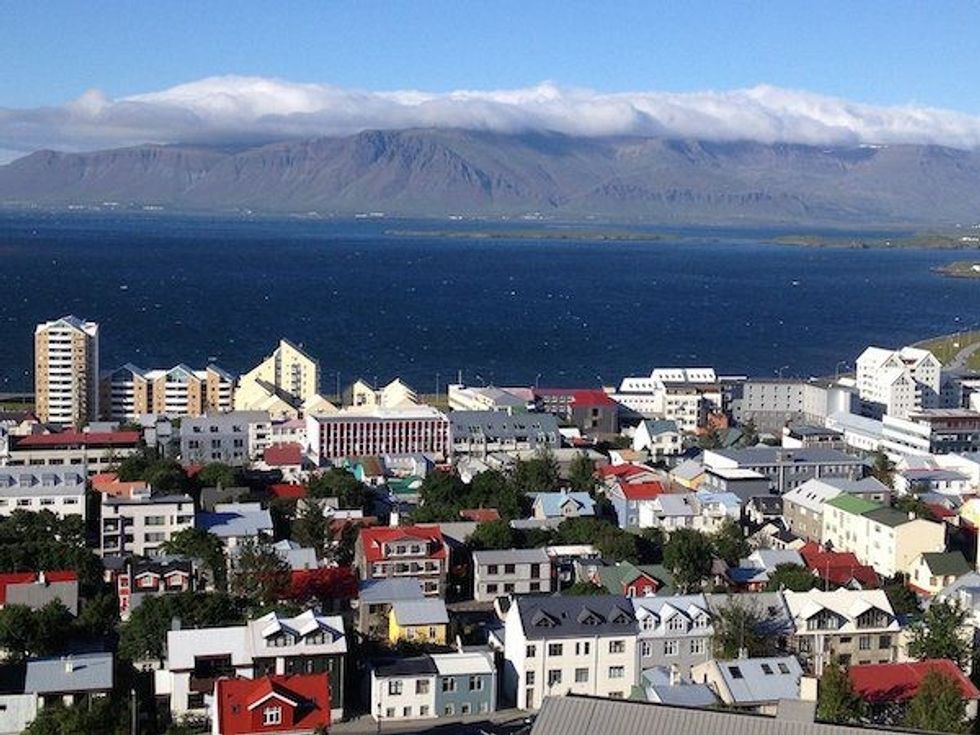While a super-charged culture of perpetual pavement pounding was something to celebrate in the past, burnout is now identified as an all-too-common culprit in the workplace.
As the value of a healthy work-life balance comes into focus, some companies have reevaluated “business as usual” in recent years, with adaptations that involve everything from unlimited vacation days and mental health days, to reduced office hours and meditation rooms.
Recently, Iceland’s four-day workweek pilot project has been celebrated as an "overwhelming" success story. Between 2015 and 2019, the Reykjavík City Council and Icelandic federal government united with trade unions to test the merits and consequences of a four-day workweek. The experiment was run by the UK-based think tank Autonomy and Iceland’s Association for Sustainable Democracy.
The initiative saw about 2,500 workers work between 35 and 36 hours a week instead of the standard 40, with no pay reduction. Achieving fewer hours without a drop in productivity involved rethinking how tasks were completed, including things like shortening meeting times or replacing them with emails, rearranging employee shifts, and eliminating unnecessary tasks.
After four years, the employees were not only happier, they were also more productive at their jobs.
A report reveals that employees reported a dramatic improvement in their well-being thanks to the reduced workweek, something that resulted in lower stress and a better work-life balance. As for productivity, it didn’t take a nosedive with the fewer hours clocked on the job. In fact, productivity either improved or remained the same in most of cases.

Armed with these findings, the country’s unions have revisited work patterns. Around 86% of Iceland’s workforce has either shifted to the model or will be allowed to do so in the future.
The study results come at a time when most of the rest of the world is reevaluating what a post-pandemic office culture will look like. While some companies have moved to a permanent work-from-home model, others are slowly beginning to welcome employees back to offices. As it stands, many Canadian economists and analysts agree that we'll likely see a hybrid workplace model that includes both remote and in-person work.
What will be interesting is how a departure from a typical, pre-pandemic 9-5 culture will impact office design moving forward. Things like flexible office spaces, rotating desks, sophisticated video conferencing facilities, and spaces for meaningful human interaction with colleagues.
As for a four-day workweek, the concept isn't entirely new. In 2019, a four-day workweek trial at Microsoft Japan resulted in a 40% increase in productivity.
Whether the "less is more" four-day workweek mentality is picked up outside of Iceland will remain to be seen.





















